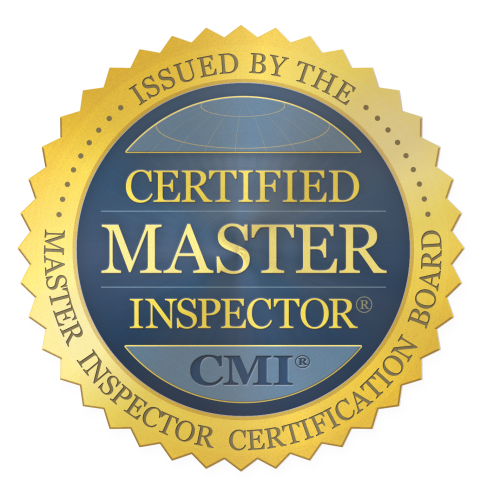What I'm Seeing Now - Improper Materials
Some problems in a home can be a ticking time bomb. This, my sixth of eight posts regarding What I'm Seeing Now in new home construction, eventually will be a big problem. A true ticking time bomb. Or bombs. There are actually two things:
- Drywall screws used to secure toilets. Properly installed toilets can be very secure. They often hold a lot of weight, for many years. The installation, though, depends on how the base, called a flange, is secured to the sub floor. This is easy to see on a pre-drywall inspection. The flange should be secured with four stainless steel screws. They should each anchor directly into the wood sub floor - not into a gap, or a seam between two pieces of wood, but solid flooring. This flange holds the brass screws that bolt the toilet base to the floor! It must be secure! It is a damp space. Drywall screws are not meant for damp applications. They rust. As they rust they cause the floor to rot. This happens quickly and in an unseen area. It can become a BIG problem. Who would use drywall screws to secure the flange? Any unprofessional, perhaps a "plumber" picked up that morning at 7-11. And I see this very often!!
- Drywall nails used in shower stalls. In the olden days lead pans were used under shower stalls. They lasted a long time. Today lead is prohibited. Instead a rubber membrane is secured under the plastic or fiberglass or tiled stall. It wraps six inches or so up the side walls. It should be secured with stainless steel or galvanized roofing nails. Often, instead, interior drywall nails are used. Drywall nails are not meant for damp applications. They rust. As they rust they cause the stud to rot. This happens quickly and in an unseen area (does this sound all too familiar?). Who would use drywall nails to secure the rubber membrane? Any unprofessional, perhaps a "tile" guy picked up that morning at 7-11? I see this very often too!!
The second post intentionally mimicked the wording of the first. That is because I see unprofessional work every, every, every day. It is tiring, maddening, and my clients lose patience with the work and supervisors who are reluctant to fix the problems. It might take a while for this unprofessional work to manifest as a problem, but it will. And when it manifests, it will manifest big!
The moisture invites molds and rot. Once the molds happen they can be very difficult to eradicate. And expensive.
My recommendation: Look around for the use of improper materials. This could be anything from caulking used in an inappropriate way to drywall screws used where they shouldn't be. Oh, that drywall screws were used to secure drywall!* Imagine, no nail pops! The real value of the pre-drywall inspection is that these sorts of things are visible. Take advantage!
When I finished my basement I used screws to install my drywall. It was done right - I really screwed it up!
